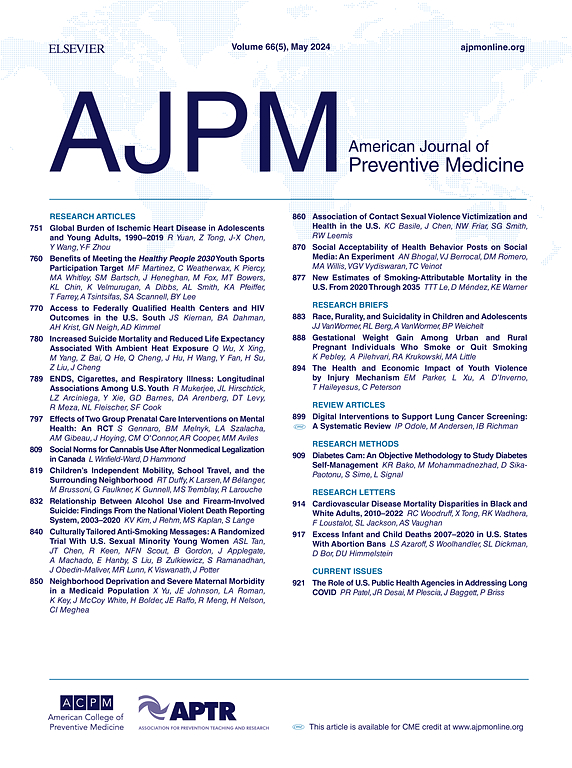胃腺癌中脂肪酸代谢的调节定义了不同的分子亚型:肿瘤微环境和精确治疗的意义
IF 4.5
2区 医学
Q1 MEDICINE, GENERAL & INTERNAL
引用次数: 0
摘要
胃腺癌(STAD)是一种主要的全球性胃肠道恶性肿瘤,严重影响着世界范围内的发病率和死亡率。脂质组学和代谢组学的进展揭示了脂肪酸代谢在包括STAD在内的各种恶性肿瘤中的作用。然而,脂肪酸代谢相关基因(FAMGs)对STAD治疗反应的具体影响尚不清楚。方法结合TCGA和GEO的高维数据集,评估famg对STAD的预测价值。这些数据集包含分子变量(mRNAsi,基因组突变,CNV, TMB),可以通过Lasso回归构建稳健的预测模型。共表达网络分析描述了famg的功能作用和治疗意义。结果famg在高危STAD中持续过表达,提示其作为预后生物标志物的潜力。高危人群表现出免疫和肿瘤相关通路的富集。候选基因(APOD, FLRT2, MMRN1, CD36)被认为是STAD致癌基础的潜在贡献者。免疫过程和m6a基因表达在不同的风险层不同,强调不同的预后轨迹。该预测模型显示与基因组特征和药物敏感性谱密切相关。famg在STAD发病机制和临床病程中起重要作用。由此衍生的FAMG信号作为一种有效的预后工具,为STAD的靶向治疗研究铺平了道路。本文章由计算机程序翻译,如有差异,请以英文原文为准。
Regulation of Fatty Acid Metabolism Defines Distinct Molecular Subtypes in Stomach Adenocarcinoma: Implications for Tumor Microenvironment and Precision Therapeutics
Introduction
Stomach adenocarcinoma (STAD) is a major global gastrointestinal malignancy, significantly impacting morbidity and mortality rates worldwide. Advances in lipidomics and metabolomics shed light on fatty acid metabolism's role in various malignancies, including STAD. However, the specific influence of fatty acid metabolism-related genes (FAMGs) on STAD's therapeutic response remains unclear.
Methods
This work merged high-dimensional datasets from TCGA and GEO to assess FAMGs' predictive value in STAD. These datasets encompassed molecular variables (mRNAsi, genomic mutations, CNV, TMB), enabling the construction of a robust predictive model via Lasso regression. Co-expression network analysis delineated FAMGs' functional roles and therapeutic implications.
Results
FAMGs were consistently overexpressed in high-risk STAD, suggesting their potential as prognostic biomarkers. High-risk groups displayed enrichment in immunological and tumor-associated pathways. Candidate genes (APOD, FLRT2, MMRN1, CD36) surfaced as potential contributors to STAD's oncogenic basis. Immunological processes and m6a gene expression varied across risk strata, emphasizing divergent prognostic trajectories. The predictive model showed strong associations with genomic features and drug susceptibility profiles.
Discussion
FAMGs play a crucial role in STAD pathogenesis and clinical course. The derived FAMG signature serves as a potent prognostic tool and paves the way for targeted therapeutic research in STAD.
求助全文
通过发布文献求助,成功后即可免费获取论文全文。
去求助
来源期刊

American Journal of Preventive Medicine
医学-公共卫生、环境卫生与职业卫生
CiteScore
8.60
自引率
1.80%
发文量
395
审稿时长
32 days
期刊介绍:
The American Journal of Preventive Medicine is the official journal of the American College of Preventive Medicine and the Association for Prevention Teaching and Research. It publishes articles in the areas of prevention research, teaching, practice and policy. Original research is published on interventions aimed at the prevention of chronic and acute disease and the promotion of individual and community health.
Of particular emphasis are papers that address the primary and secondary prevention of important clinical, behavioral and public health issues such as injury and violence, infectious disease, women''s health, smoking, sedentary behaviors and physical activity, nutrition, diabetes, obesity, and substance use disorders. Papers also address educational initiatives aimed at improving the ability of health professionals to provide effective clinical prevention and public health services. Papers on health services research pertinent to prevention and public health are also published. The journal also publishes official policy statements from the two co-sponsoring organizations, review articles, media reviews, and editorials. Finally, the journal periodically publishes supplements and special theme issues devoted to areas of current interest to the prevention community.
 求助内容:
求助内容: 应助结果提醒方式:
应助结果提醒方式:


